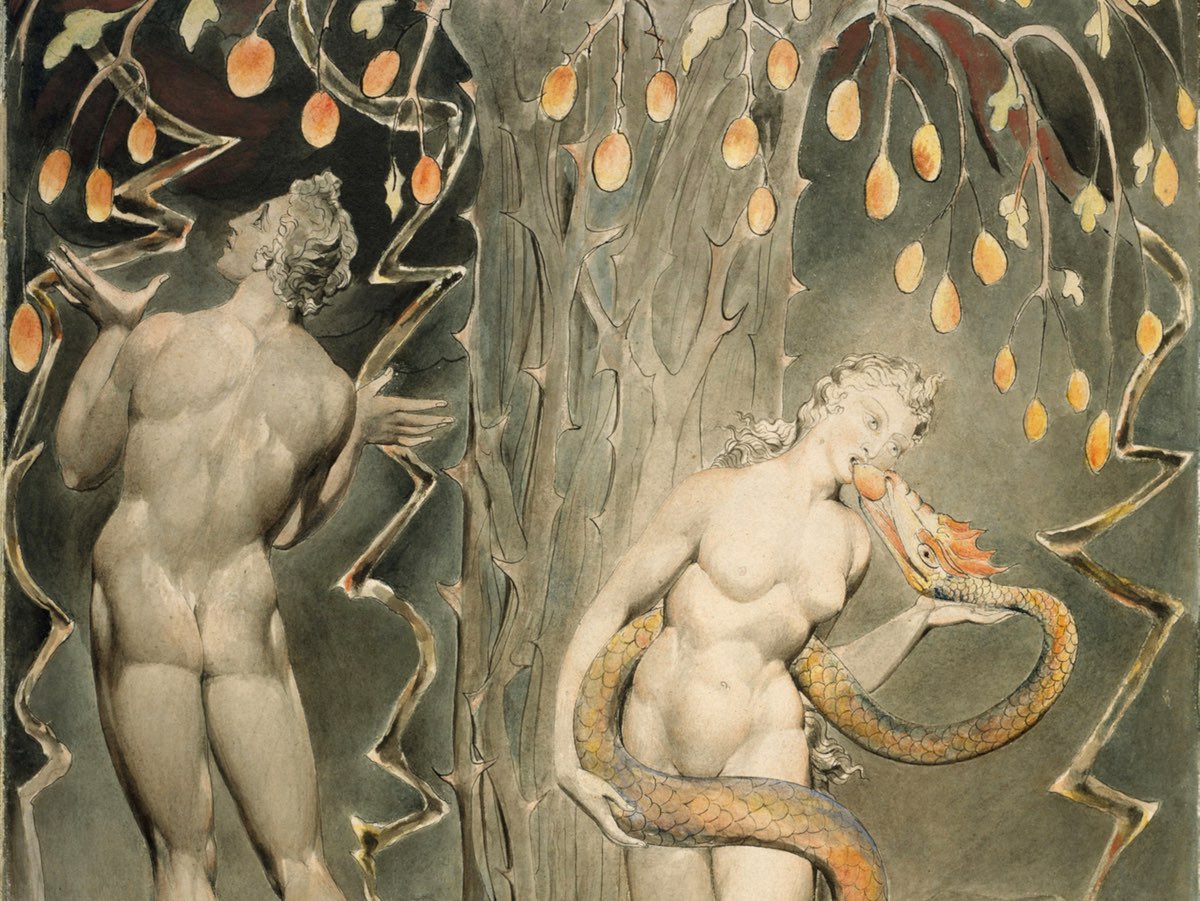luka
Well-known member
The Ideal Star-Fighter
I
Now a slight meniscus floats on the moral
pigment of these times, producing
displacement of the body image, the politic
albino. The faded bird droops in his
cage called fear and yet flight into
his pectoral shed makes for comic
hysteria, visible hope converted to the
switchboard of organic providence
at the tiny rate of say 0.25 per cent
"for the earth as a whole". And why
go on reducing and failing like metal: the
condition is man and the total crop yield
of fear, from the fixation of danger; in
how we are gripped in the dark, the
flashes of where we are. It pays to be
simple, for screaming out, the eye
converts the news image to fear enzyme,
we are immune to disbelief. "If there
is danger there ought to be fear", trans-
location of the self to focal alert, "but
if fear is an evil why should there be
danger?" The meniscus tilts the
water table, the stable end-product is dark
motion, glints of terror the final inert
residue. Oriental human beings throw off
their leafy canopies, expire; it is
the unpastured sea hungering for calm.
II
And so we hear daily of the backward
glance at the planet, the reaction of
sentiment. Exhaust washes tidal flux
at the crust, the fierce acceleration
of mawkish regard. To be perceived with
such bounty! To put the ring-main of
fear into printed circuit, so that from the
distant loop of the hate system the
whole object is lovable, delicious, ingested
by heroic absorption! We should
shrink from that lethal cupidity; moral
stand-by is no substitute for 24-inch
reinforced concrete, for the blind certain
backlash. Yet how can we dream of
the hope to continue, how can the vectors
of digression not swing into that curve
bounding the translocal, and slip over, so
that the image of suffered love is
scaled off, shattered to a granulated pathos
like the dotted pigments of cygnus?
III
What more can be done. We walk
in beauty down the street, we tread
the dust of our wasted fields. The
photochemical dispatch is im
minent, order-paper prepared. We
cannot support that total of dis-
placed fear, we have already induced
moral mutation in the species. The
permeated spectra of hatred dominate
all the wavebands, algal to hominid.
Do not take this as metaphor;
thinking to
finish off the last half-pint of milk,
look at the plants, the entire dark dream outside.
JH PRYNNE
@version @Linebaugh @shiels what does this mean?

